New Items
 |
 |
 |
 |
 |
 |
 |
 |
 |
A recent article made the bold claim that feathers are one of evolution's greatest inventions. But what proof did they offer?
|
How groups like Hillsong learned to let go of the literal in favor of creative collaboration.
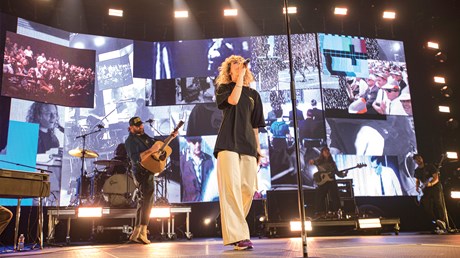 The refrain “He is for you” doesn’t translate neatly into Spanish. In the English version of Elevation Worship’s song “The Blessing,” the phrase repeats and builds with each repetition. But in Spanish, the line is “Él te ama” or “He loves you.”“I’m glad the translators did that,” said musician and translator Sergio Villanueva, who pastors a Hispanic congregation at Wheaton Bible Church in Illinois. “To convey that idea in Spanish—‘He is for you’—you would have to use a lot more words. Spanish is a beautiful language, but we use more words and longer words.”The translation choice in “The Blessing” (“La Bendición”) reflects a growing interest among English-speaking worship artists in producing thoughtful, singable, and culturally informed translations of their music.Often, artists are intent on using translations that are as close to word-for-word as possible. But as influential songwriters and megachurches expand their reach, teams of translators are helping produce new versions of popular worship songs that are faithful to the originals without trying to replicate wording that isn’t as accessible or evocative in another language.“You have to honor the intention of the original songwriter, even if that means changing exactly what the words are saying,” said Villanueva, who has translated for Keith and Kristyn Getty, Sovereign Grace Music, and Kari Jobe.The international distribution and transl ation of English-language worship music has accelerated over the past four decades, but not consistently.In the 1980s and early ’90s, Integrity Music began releasing ...Continue reading... The refrain “He is for you” doesn’t translate neatly into Spanish. In the English version of Elevation Worship’s song “The Blessing,” the phrase repeats and builds with each repetition. But in Spanish, the line is “Él te ama” or “He loves you.”“I’m glad the translators did that,” said musician and translator Sergio Villanueva, who pastors a Hispanic congregation at Wheaton Bible Church in Illinois. “To convey that idea in Spanish—‘He is for you’—you would have to use a lot more words. Spanish is a beautiful language, but we use more words and longer words.”The translation choice in “The Blessing” (“La Bendición”) reflects a growing interest among English-speaking worship artists in producing thoughtful, singable, and culturally informed translations of their music.Often, artists are intent on using translations that are as close to word-for-word as possible. But as influential songwriters and megachurches expand their reach, teams of translators are helping produce new versions of popular worship songs that are faithful to the originals without trying to replicate wording that isn’t as accessible or evocative in another language.“You have to honor the intention of the original songwriter, even if that means changing exactly what the words are saying,” said Villanueva, who has translated for Keith and Kristyn Getty, Sovereign Grace Music, and Kari Jobe.The international distribution and transl ation of English-language worship music has accelerated over the past four decades, but not consistently.In the 1980s and early ’90s, Integrity Music began releasing ...Continue reading... |
Man's word vs. God's Word is the battle that's been raging since the garden of Eden! Will we start with God's Word or human wisdom?
|
From ZeroHedge: It’s not just record capital gains taxes that Americans have to look forward to if they choose “4 more years, pause” of the...Get Ready To Be Hammered By Property Taxes
|
By Tyler Durden Submitted by QTR’s Fringe Finance Having used up all of the rest of the batshit, insane, counterintuitive economic dirty tricks left in...Taxing Unrealized Gains Would Obliterate The U.S. Economy
|
By Michael Snyder Are the financial markets headed for trouble?? There was quite a bit of panic on Wall Street on Thursday after more bad...Is Something Starting To Break? Stocks Plummet And Bonds Go Nuts As Economic Data Disappoints
|
By Joel R. McConvey Large financial institutions are coming to terms with the new world of tech-driven fraud and adopting digital identity tools as an...Mastercard announces new AI suite with behavioral biometrics to fight fraud
|
By TheFreedomArticles War is waged by each ruling group primarily against its own subjects, to keep the ruling class powerful and in power, while the...At the Top, They’re ALL on the SAME SIDE – Part 2 – Video #104
|
By Neenah Payne Investigative journalist Peter Schweizer is the author of the #1 NYT bestselling 2024 book Blood Money: Why the Powerful Turn a Blind...China's Two Border Threats To America Now!
|
By Selcuk Uluagac, Florida International University You probably know better than to click on links that download unknown files onto your computer. It turns out...Be careful where you upload files! Experts reveal new ransomware threat
|
This article was originally published by Michael Snyder at The End of the American Dream.? What would you do if the power grid where you...Why Everyone Needs To Prepare For The Day When Devastating Cyberattacks Take U.S. Power Grids Down
|
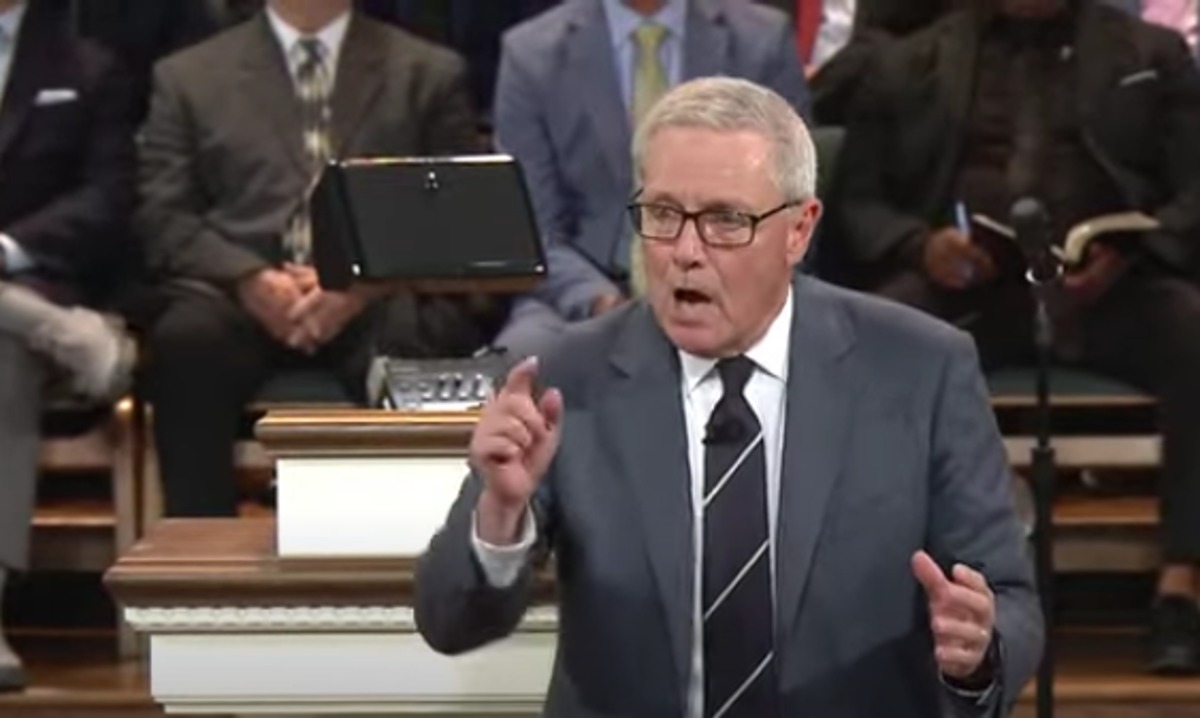 A Pentecostal pastor is urging his congregants not to embrace the “God Bless the USA Bible” that includes documents central to the founding of the United States, deriding it as “blasphemous.” A Pentecostal pastor is urging his congregants not to embrace the “God Bless the USA Bible” that includes documents central to the founding of the United States, deriding it as “blasphemous.” |
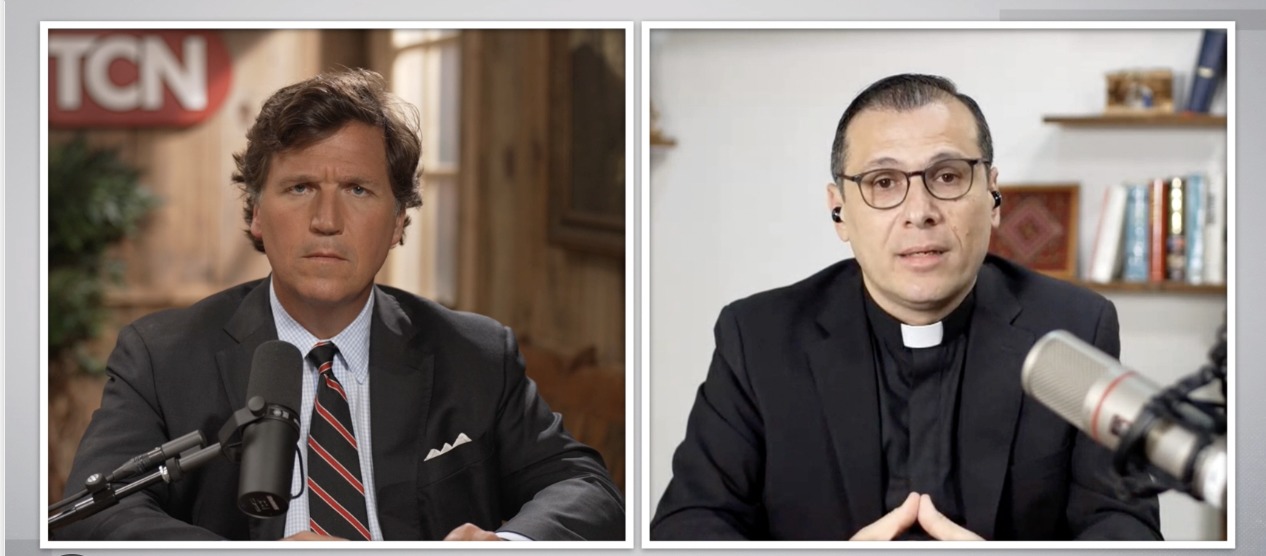 Faith leaders have pushed back against anti-Israel rhetoric promoted by Munther Isaac, the pastor of the Evangelical Lutheran Christmas Church in Bethlehem, in a recent Tucker Carlson interview. Faith leaders have pushed back against anti-Israel rhetoric promoted by Munther Isaac, the pastor of the Evangelical Lutheran Christmas Church in Bethlehem, in a recent Tucker Carlson interview. |
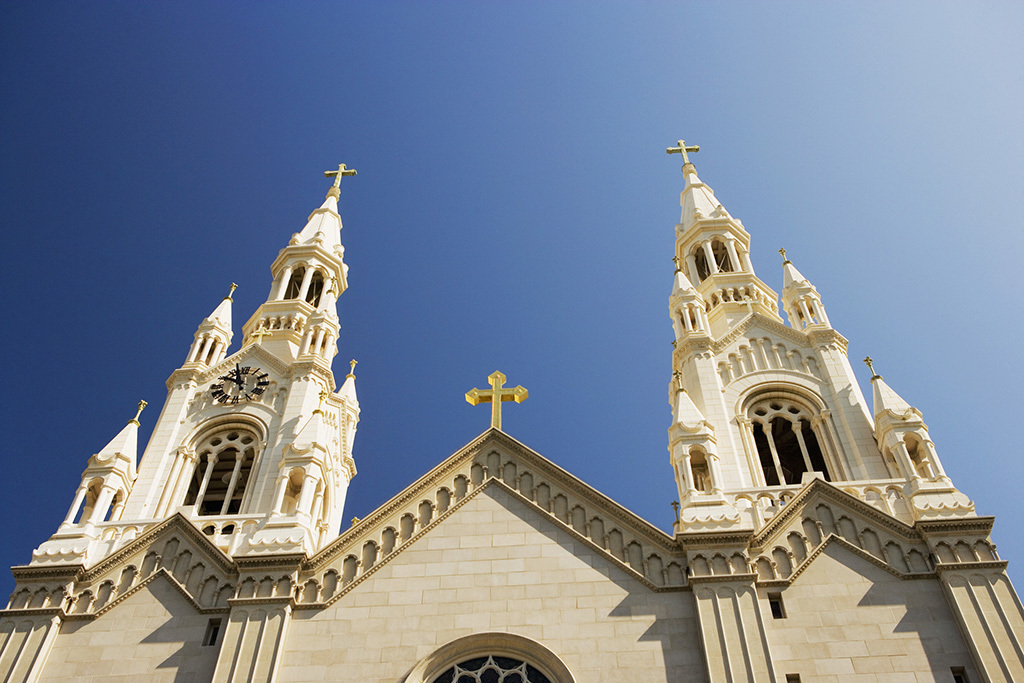 The pastor of a Roman Catholic church in San Francisco placed partial blame for a parishioner's recent stabbing on the local government, which he said has allowed crime and mental illness to run rampant in the city. The pastor of a Roman Catholic church in San Francisco placed partial blame for a parishioner's recent stabbing on the local government, which he said has allowed crime and mental illness to run rampant in the city. |
 Muslim leaders have filed complaints of blasphemy against a leading Christian pastor in Indonesia. Muslim leaders have filed complaints of blasphemy against a leading Christian pastor in Indonesia. |
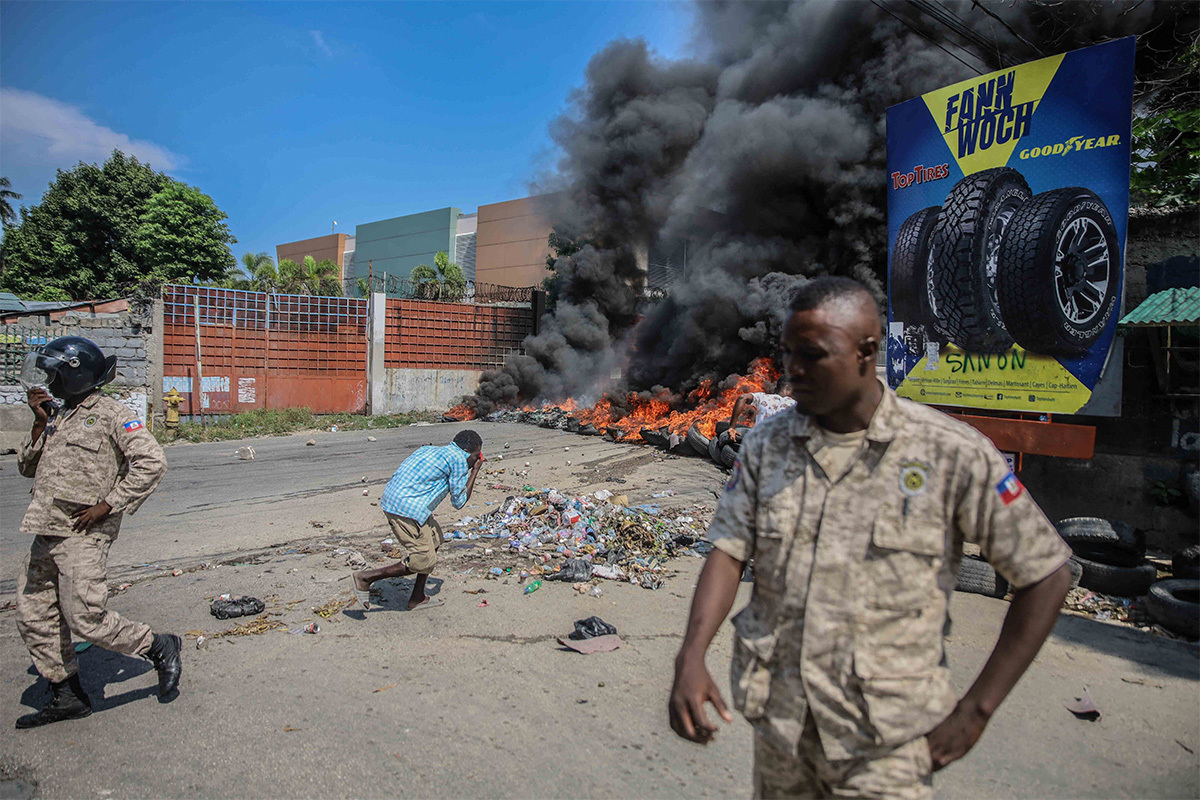 More than a month after announcing he would resign amid escalating gang violence, Haiti's Prime Minister Ariel Henry formally submitted his letter of resignation. More than a month after announcing he would resign amid escalating gang violence, Haiti's Prime Minister Ariel Henry formally submitted his letter of resignation. |



 Links
Links  Articles
Articles  Blogs
Blogs  Videos
Videos  News
News  Colors
Colors 

 New links
New links

